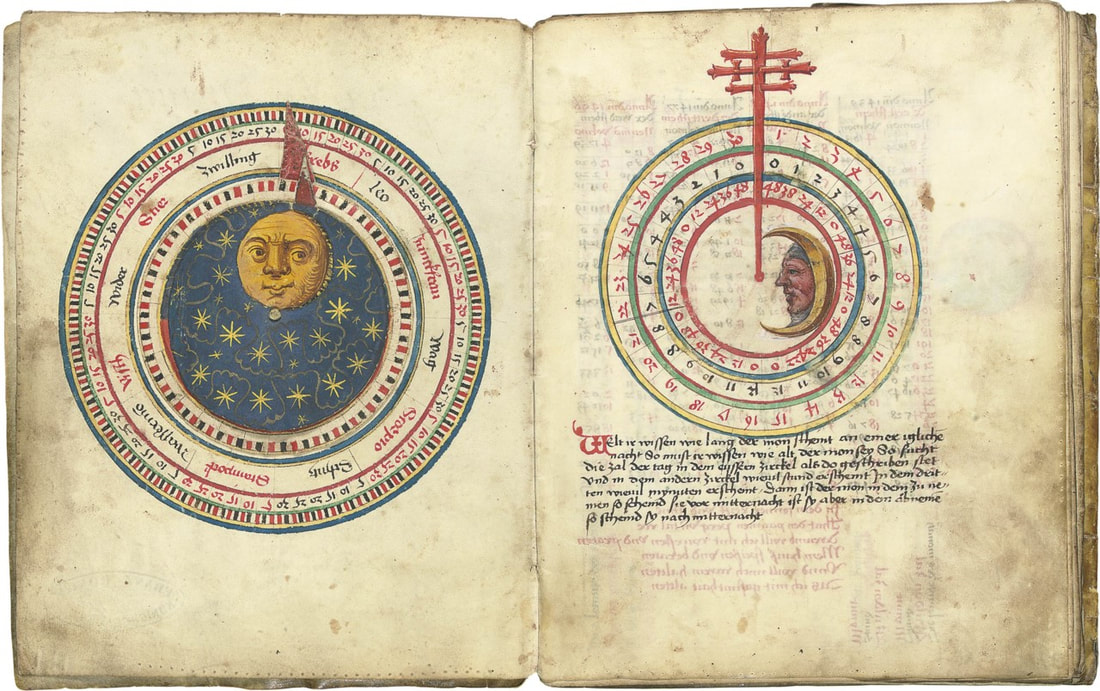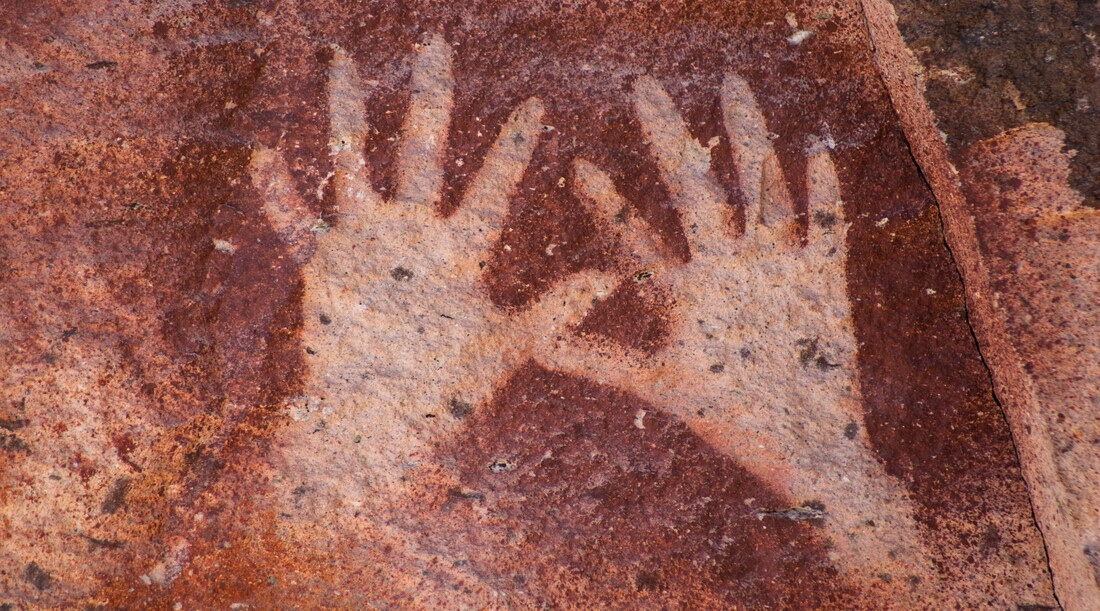|
Happy New Year! In medieval Europe, the Christian era (and each year within it) began the day the Angel Gabriel told Mary she would become pregnant: March 25, Lady Day, exactly nine months before Christmas. Split between two years, March counted as the first month on the Julian calendar then in use. That made September, October, November, and December months seven through ten, or septem, octo, novem, and decem in Latin.
A slight miscalculation of leap years gradually threw that calendar out of sync with nature and the sun. By 1582, it was ten days off. That year Pope Gregory reset the calendar to scrap the ten extra days, start the year on Jan. 1, and fine-tune the leap year formula. Human nature and politics haven’t changed much. Then as now, anything my rival or enemy proposes, I must reject. While Roman Catholic countries promptly adopted the Gregorian calendar, Protestant nations decried it as popish. Britain and its colonies kept the archaic one until 1752. March 25 remained the legal first day of the year, while some began to greet the new year informally in January. Imagine historians interpreting English sources from the 1600s. Was a letter dated March 10, 1668, written before or after one dated November of that year? The ten- or later eleven-day difference between England and most of the Continent muddied diplomatic correspondence. Imagine George Washington revising his date of birth from Feb. 11, 1731, under Britain’s old calendar to Feb. 22, 1732, under the new one. He celebrated both birthdays to the end of his life. Image: Johannes Von Gmunden, calendar, 1496.
0 Comments
I’m home from vacation and down with a cold. The laundry is washed and the mail sorted. Now I want to do nothing but read and sleep until the sniffles dry up.
Do you ever wonder how hard to push yourself? Grit involves the self-discipline to persevere now for future success. Delayed gratification is about putting off a pleasure now for the sake of a larger reward later. Skip that cake if you’ve started a diet. On the other hand, consider the workaholic business executive saving up toward a peaceful retirement of fishing and hiking. Why not fish and hike more now and retire with adequate but modest savings? Surely it depends on the person, the situation, and the day. Too much stress is bad for blood pressure and the heart. Too little stress gets nothing done. I try to think “choose to” instead of “have to.” I’m happier with clean clothes and a clear desk, but I choose to wash dishes by hand rather than replace the broken dishwasher until I have more energy. How do you decide how hard to push? Cool ocean breeze. Sun warm on the face. Roar of crashing waves. Pacific Beach in San Diego is a feast for the senses even when I close my eyes.
Last time I visited this city, I loved the stimulation of exploring a different tourist site each day. This time my travel companion and I rarely ventured more than a block from the beach. Watching her frolic in the sand as she did long ago, growing up by Lake Michigan, I realized vacations aren’t just about novelty. They’re also about ways new discovery intertwines with the deep comfort of the familiar. To revisit happy childhood memories warms the spirit. To start and end a vacation day with rituals from home sets a framework for the excitement in between. To re-enter an eatery I first tried yesterday begins to feel like home today when the server welcomes me back. I’m learning to appreciate both the adventure and the comfort, and the ways each enriches the other. English gives lefties a bad name. The word sinister (evil) comes from Latin meaning “on the left side.” Gauche (awkward, tactless) is from French for “left.” The word left itself appears to derive from an Old English form meaning “weak or foolish.” It’s unkind to give a left-handed compliment, complain that a dancer has two left feet, or denounce an idea as out of left field.
As for left’s opposite, the Old English root riht meant just, good, or correct. Adroit (clever, skillful) comes from Old French for able, handsome, skilled in combat, or on the right-hand side. Latin dexter (on the right-hand side) gives us dexterity and dexterous, synonymous with adroit. Left-handers no longer get burned for witchcraft, but our words insult them at every turn. They are not alone. Paddy wagons carted drunk and disorderly Irish off to jail. To be gypped was to be swindled by a Rom or “Gypsy.” Hysteria (Greek for “uterus”) was an affliction of women. American Indians lost their homeland to white settlers circling the wagons and holding down the fort. World War I veterans might bristle at the use of basket case for stressed-out folks who never lost limbs in battle. Which of these linguistic connections have faded into history, and which still carry insult or offense? It’s a matter of respect to avoid terms that feed discrimination or negative stereotypes, as experienced by the people affected. Until left-handed people complain of sinister and gauche as derogatory to them, I’ll probably go on using both. Image: Prehistoric wall painting in Cueva de las Manos (Cave of the Hands), Argentina. |
AuthorI'm a historian who writes novels and literary nonfiction. My home base is Madison, Wisconsin. Archives
July 2024
|




 RSS Feed
RSS Feed